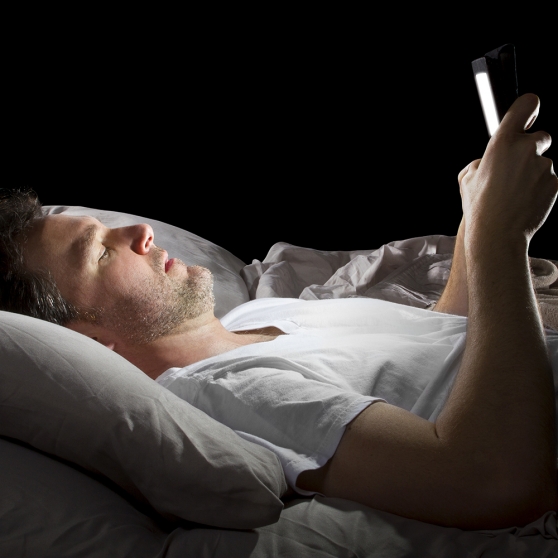How to Become a Morning Person
Too much artificial light can affect sleep patterns and make for even groggier mornings. The sun’s natural light helps to synchronize the body's internal clock. This can help turn night owls into early risers. Unlike a clock on the wall, the body’s internal clock is flexible. It can change depending on how much light is around it — which includes the light from cellphones or computers. Staring at a screen late at night can shift the body’s inner clock and lead to later bedtimes. Hitting the hay at a consistent time each night and turning off any artificial light may keep the body’s clock consistent.
Reviewed by:
Review Date:
May 20, 2015Citation:
Image courtesy of Stryjek | Dreamstime.com Image courtesy of Ariwasabi | Dreamstime.com Image courtesy of Milkos | Dreamstime.com Image courtesy of Innovatedcaptures | Dreamstime.com Image courtesy of Luis Regino | Dreamstime.com Image courtesy of Wessel Du Plooy | Dreamstime.com Image courtesy of Ariwasabi | Dreamstime.com Image courtesy of Flynt | Dreamstime.com Image courtesy of Asia Yakushevich | Dreamstime.com Image courtesy of Ammentorp | Dreamstime.com Mayo Clinic, "Fitting a workout into any schedule" NPR," Want To Be A Morning Person? Take A Few Tips From Campers" Food and Nutrition, "Become a Morning Person With These Eight Strategies" dailyRx, "Skip the Bedtime Booze" dailyRx, "Food and Drink that Disrupt Sleep" Mayo Clinic, "Did you exercise today? Reward yourself!" Better Sleep, "Sleep Positions" Better Sleep, "Top 15 Better Sleep Tips"
Last Updated:
May 20, 2015
